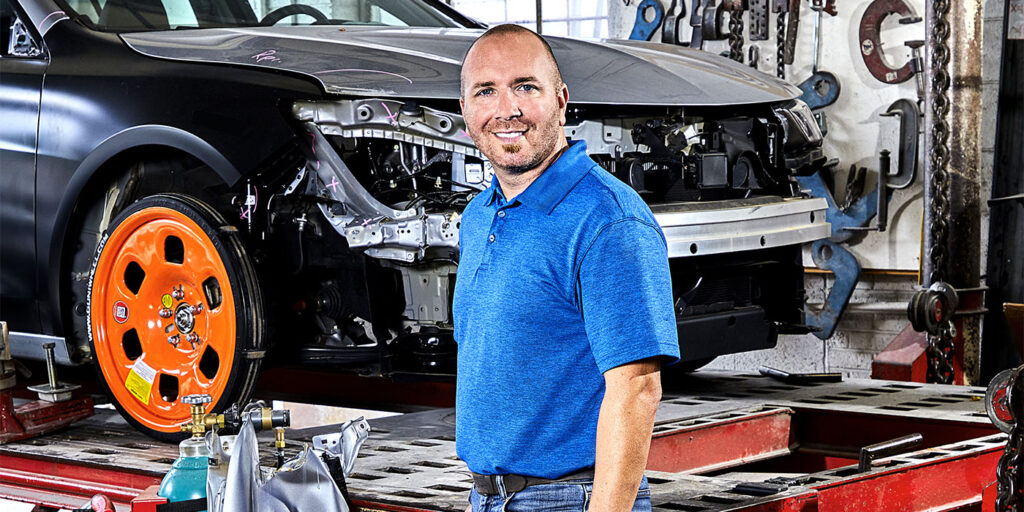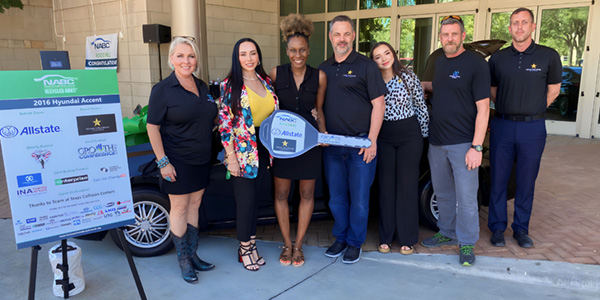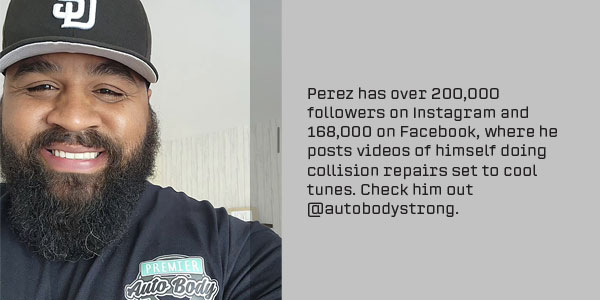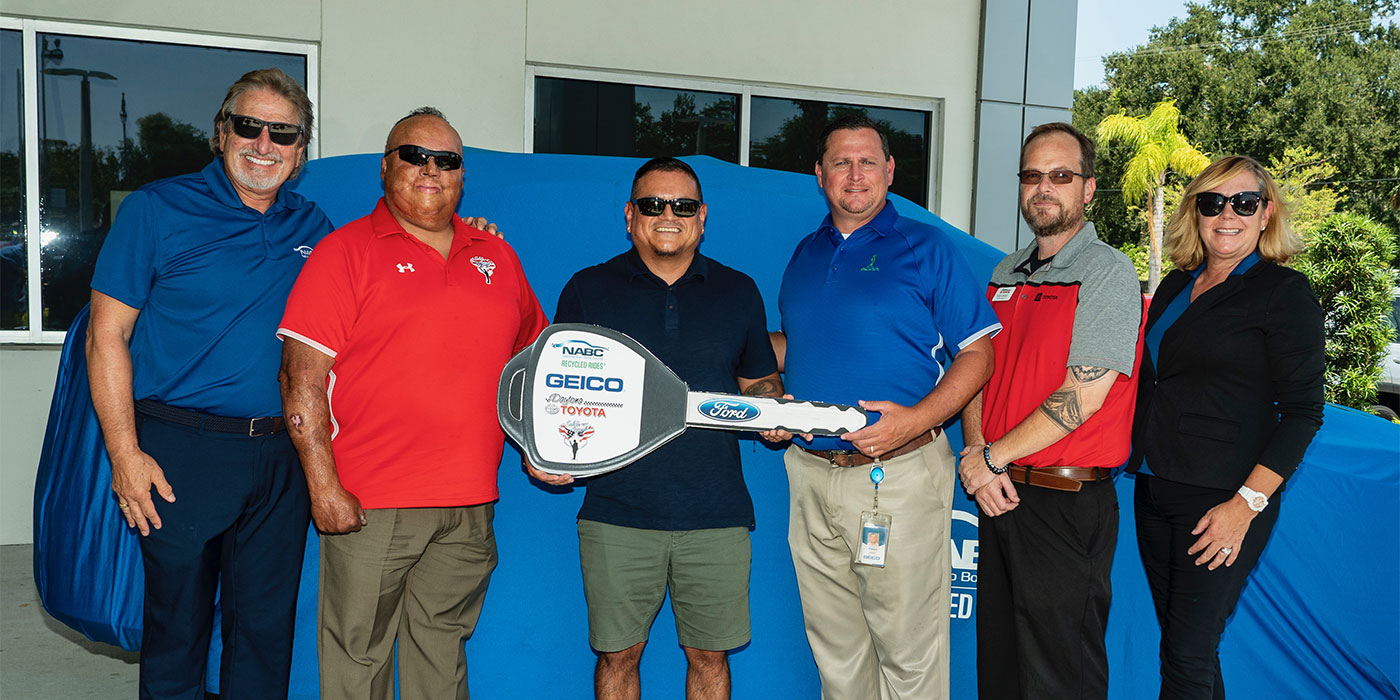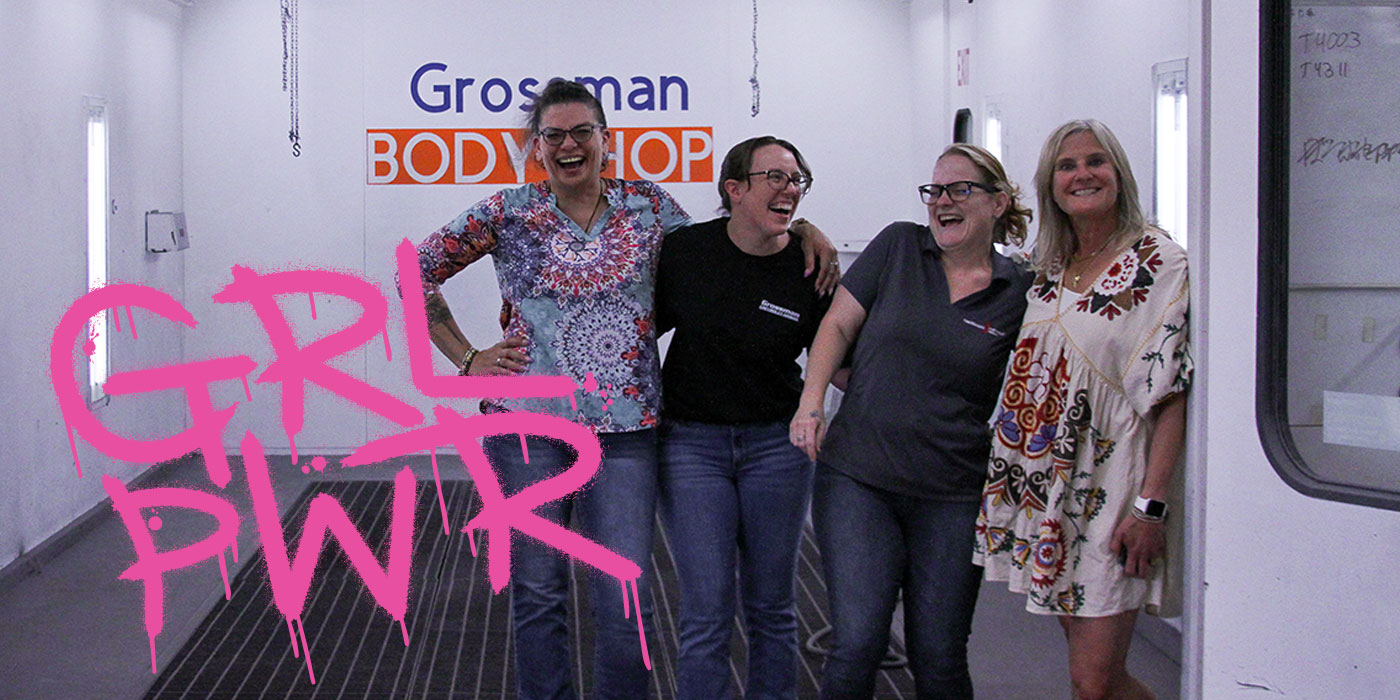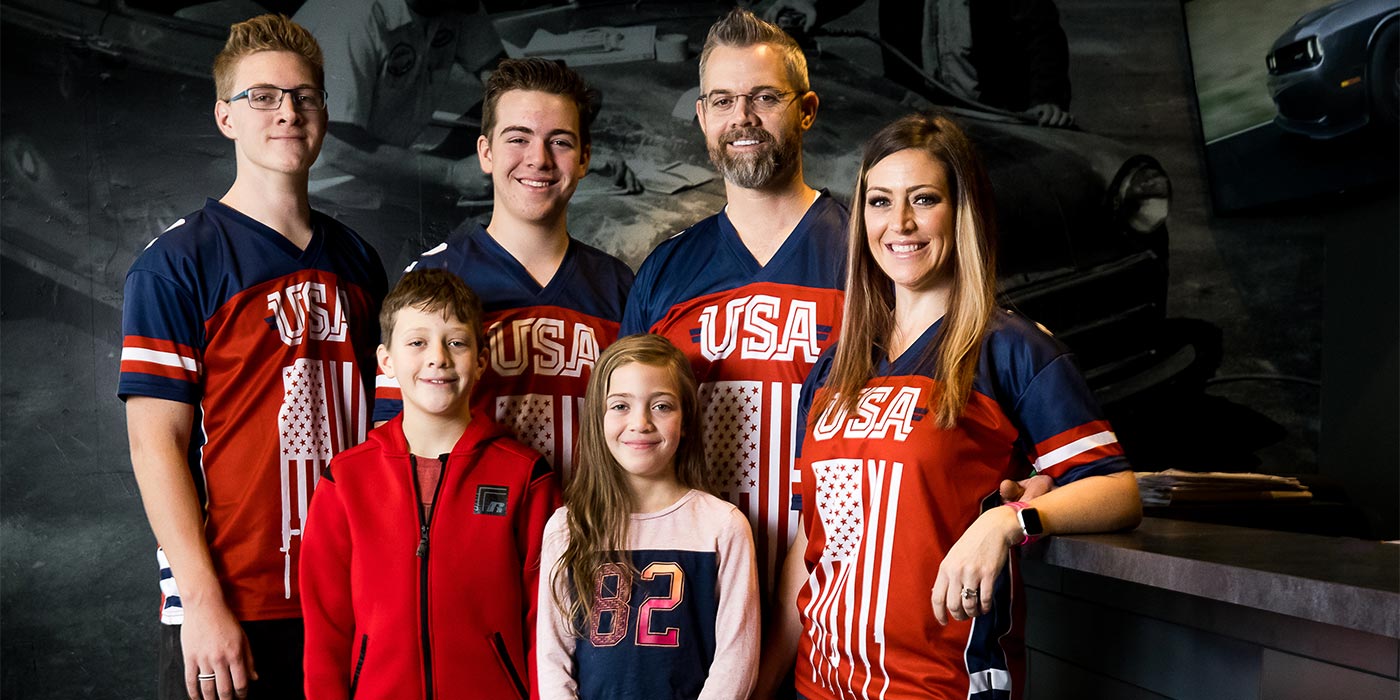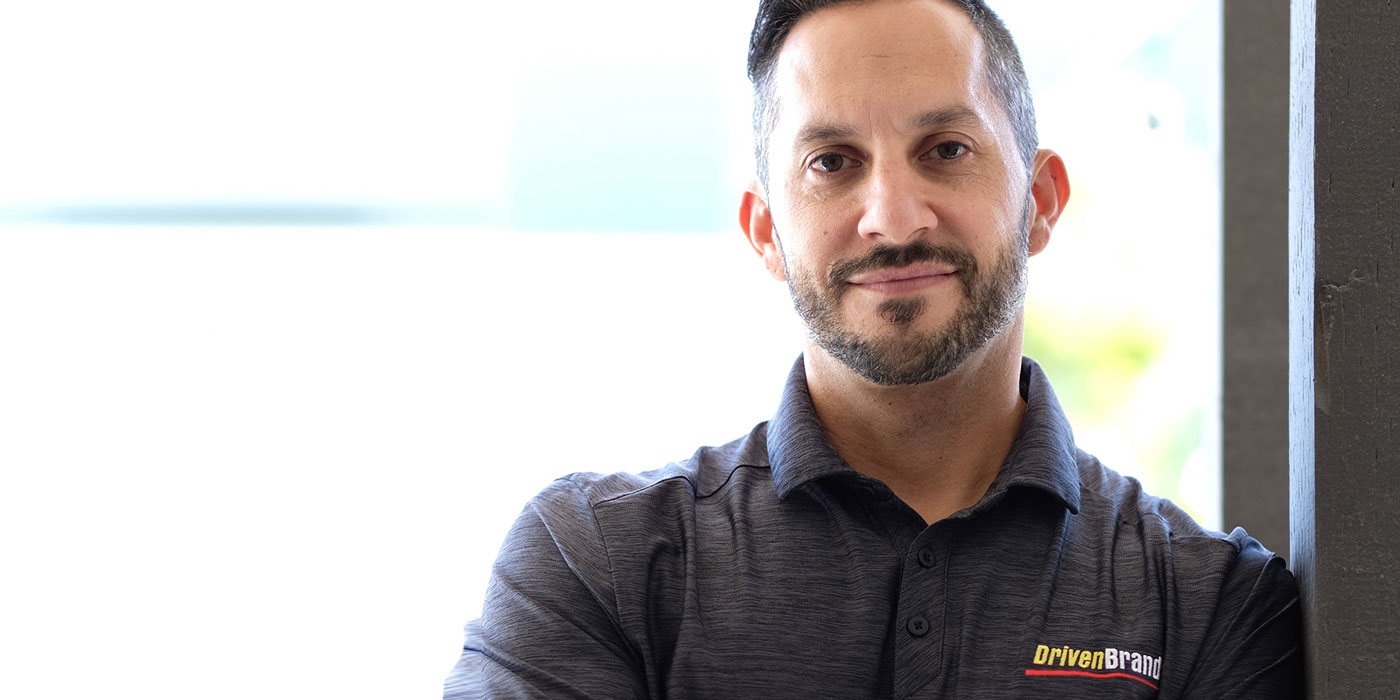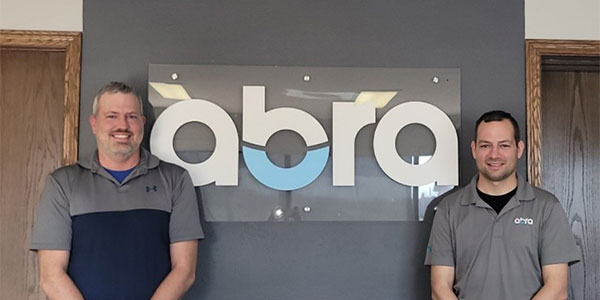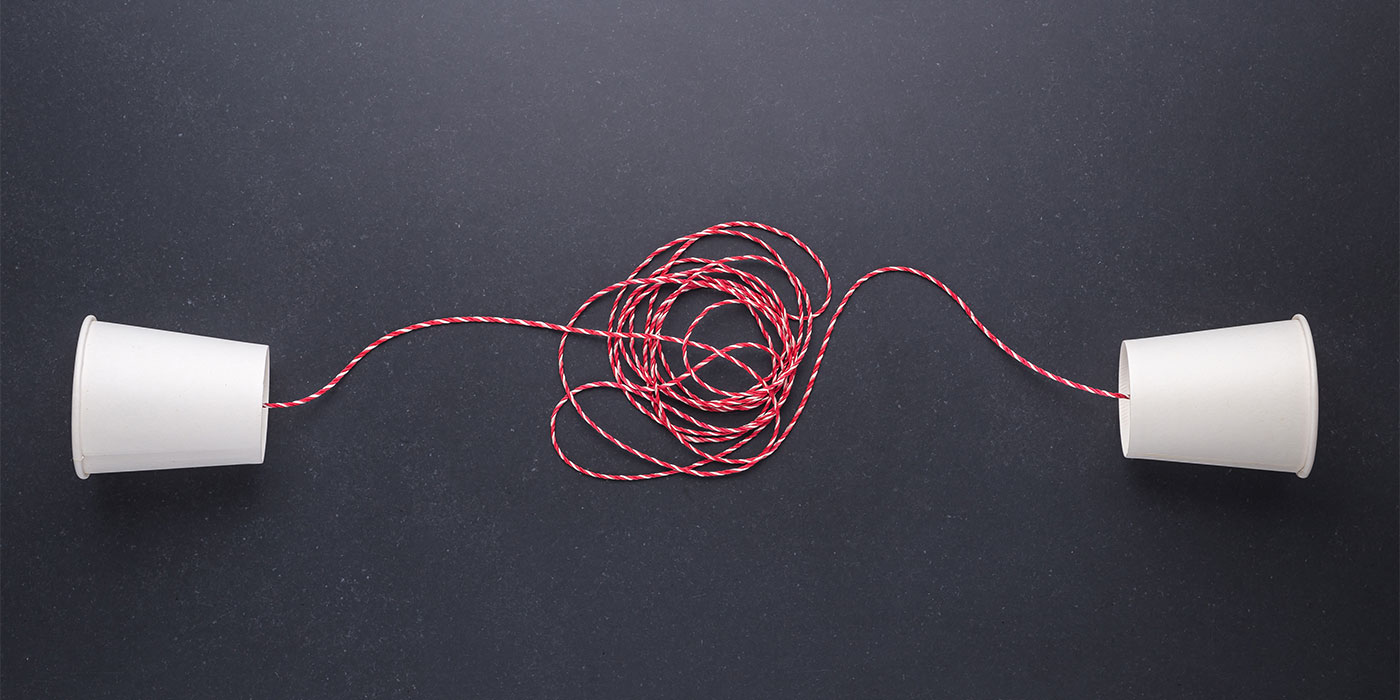It takes immense willpower and dedication to run a business. It takes that same willpower and dedication to write a book. Those who do both simultaneously are worthy of praise.
Zach Dillard, owner/operator of Edward J. Henry & Sons, an auto body shop in Wilmington, Del., has spent the last 15 years of his career focused on one thing: customer service. During his experience as a body shop owner, he’s dealt with all kinds of customers, accumulating insights and strategies along the way.
To share this knowledge with other business owners, he recently published “Win Their Hearts: Your Simple and Effective Guide to Unforgettable Customer Service.” The book, available on Amazon in paperback ($14.95) or ebook ($4.95) format, provides many simple ideas for small- to medium-sized businesses of all industries to improve the customer experience and help team members become happier and more productive at work.
Inspiration Hits
What inspires a body shop owner to write a book? For Dillard, it began with an acquisition.
Dillard formerly owned Wilmington Collision center, which he opened in September 2012. Several years later, he heard that Edward J. Henry & Sons, which had been in business since 1943 and was well-known in the community as a result, was on the market.
“When I found it was for sale, I knew I had to buy it,” he says. So, come April 2018, he purchased the company from the Henry family. He adds, “My intention was to consolidate the two businesses, as Henry’s is in a much better location geographically.” That consolidation eventually took place in March 2020.
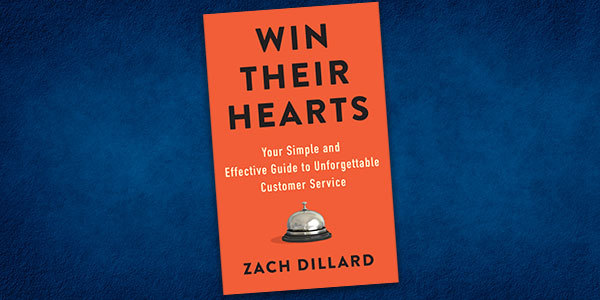
Keeping the Edward J. Henry & Sons name allowed the company to build on its already stellar reputation in Wilmington. Reviews continued to be positive, and Dillard strived to keep them that way. But he couldn’t help noticing how he, as a customer, would be treated at other businesses and wondering — based on his own methods — what those companies might do to improve the experience.
“My favorite part of coming to work each day is the customer interaction,” Dillard says. “Our shop gets lots of compliments and reviews from customers who are happy with the service they received from us. However, as a customer myself, I am often dissatisfied with the way I have been treated. My motivation is that other businesses can use some of the insights in my book to improve their customer service and their employee satisfaction.”
But why should you take Dillard at his word, as opposed to another business writer? Well, to his credit, other body shops are continually trying to poach his employees — and failing. Dillard believes that his employees stay with him not just because of the money but because they feel like they are truly a part of the business.
“The culture that we have here is hard to replicate,” he says. Still, he can and does offer tips on how to create that kind of company culture in any business.
After all, the first step towards cultivating a positive customer experience is to create a welcoming workplace.
Happy Employees Mean Happy Customers
We all know people who couldn’t care less about their jobs and are only there for the paycheck. Unfortunately, chances are that some of those people are working for you. One of the reasons employees become unmotivated to work, Dillard notes, is they feel underappreciated by management and uninvolved in decision-making processes.
To counteract that mentality, Dillard advises, “Take a step back and let your team members be more involved in the way the business operates. Give up some control and trust in the people that you have hired. It’s also helpful to be flexible with things like hours. The days of 8 a.m. to 5 p.m. Monday through Friday are starting to go away.”
However, some of the other main issues that cause employees to leave is a lack of recognition, lack of opportunities and lack of career advancement.
“Always look for opportunities to lift up your employees,” Dillard adds. “Make them feel good about the work they do. When your employees feel good about being at work, it will immediately translate to a better customer experience. Because without happy employees, you will never have happy customers!”
The Unwanted Customer Experience
It’s key to remember that the collision industry is unique in terms of the customer experience — as in, no one actually wants to be a collision repair customer. These are stressful times for your patrons. They are often traumatized, confused and angry after a wreck. The deck is stacked against you, the repairer, from the start … but it’s still possible to come away with a satisfied customer.
“We can use this to our advantage by taking a bad experience of being in a car accident and turning it into a positive experience by treating a customer right and truly earning their satisfaction,” Dillard says.
For instance, you can start by setting up a realistic expectation of the repair process from the very start. But don’t stop there. One of the biggest areas in which Dillard sees body shops falling short is in communication.
“There are many variables in our industry. The one thing that we can control at all times is our communication with the customer,” he explains. “People like to know what’s going on with their car. Customers are usually forgiving of delays and such as long as they stay updated.”
These types of tips, along with numerous others, are all featured in Dillard’s book, “Win Their Hearts.” After all, if you can’t win over your employees or customers, how are you going to stay in business?
To purchase the book on Amazon, click here.

